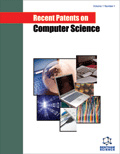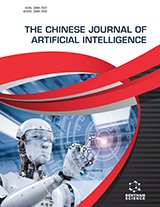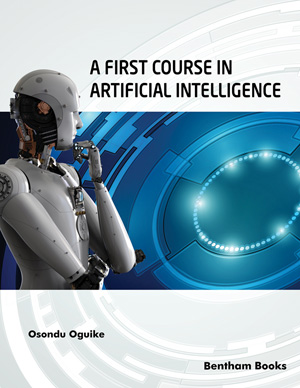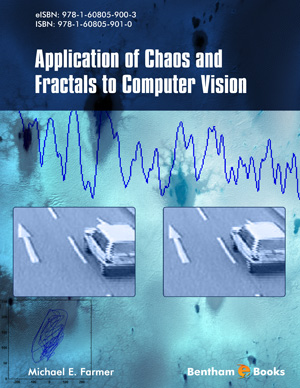Abstract
Artificial intelligence (AI) is a branch of science that mainly deals with
computers. It can store massive data through built-in programs that can accumulate the
required data and convert it into intellectual actions with a reason. In recent years, AI
has played a vital role in various governmental and non-governmental sectors such as
engineering, medicine and economics. The development of AI in the field of infectious
diseases is colossal with a spectrum of applications including pathogen detection,
public health surveillance, cellular pathways and biomolecules in host-pathogen
interactions, drug discovery and vaccine development. Similarly, early detection is the
key to controlling any disease outbreak. Systematic collection and analysis of data will
yield vital data on the required tools for controlling the outbreak situation. The
antibiotic stewardship program is being implemented in very few healthcare
institutions due to its intense cost and work. AI is used for tackling the rise in antibiotic
use and developing an algorithm that can effectively control the use of antibiotics along
with diagnostic and treatment measures.






















